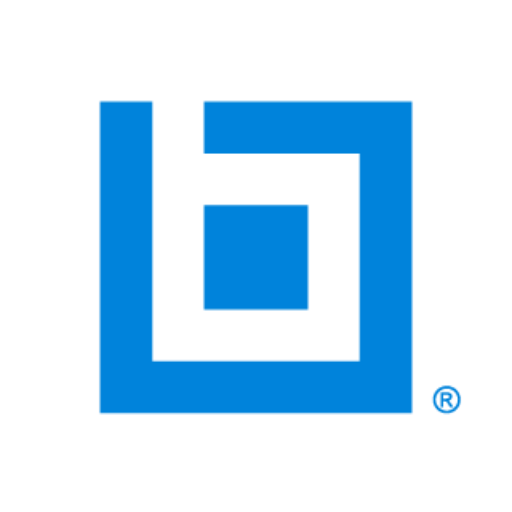Today’s engineering software packages provide users with incredible capabilities and functionality. From industry giants like Autodesk and Dassault Systemes to innovative newcomers like Onshape, software publishers are constantly raising the bar for engineers. Between annual software updates, interim service pack releases, entirely new categories of technology, and the breakneck pace at which the industry is evolving, the professional engineer is expected to know more now than at any stage in history.
The rapid evolution of software has made it essential for engineers and designers to constantly learn how to use the latest tools and technologies if they want to advance their careers. For recent graduates entering their first jobs, it means they need to show more advanced capabilities and knowledge than previous generations.

Luckily, it’s never been easier to learn new skills, measure proficiency, and share your mastery with the world — or hiring managers. From gaining hands-on experience to earning certifications, you can quickly round out your skill set and keep up with the speed of innovation.
Hands-on experience
Gaining hands-on experience as a new designer can be challenging. For recent graduates, having little to no hands-on experience often seems like an impossible obstacle to overcome. Internships, the traditional solution to this problem, are highly competitive and can be hard to find. Many students and young professionals also can’t afford to work part-time without pay.
A great, modern alternative is contributing to open-source projects in your spare time. Open-source projects follow the same operating principles as open source software. The project owner grants public access to their project so that individuals everywhere can collaborate on how to solve a problem.

There are some fascinating open-source projects that will continually push you out of your comfort zone and have you exploring facets of engineering you might not otherwise get exposed to. One such example is rLoop, a group of 1,500 engineers, designers, and innovators who are tackling Elon Musk’s Hyperloop challenge.
Software certifications
Demonstrated ability using specific software packages is often a requirement listed in job descriptions. Software vendors, like Dassault Systemes and Autodesk, offer their users the opportunity to prove their skills with industry recognized certifications. By becoming a Certified SOLIDWORKS Associate (CSWA), Certified SOLIDWORKS Professional (CSWP), or AutoCAD Certified User, to name a few, you prove your mastery over foundational knowledge and essential skills within a program. These certifications indicate to hiring managers that you’re qualified to get a job or even a promotion.
There are some limits to the benefits of software certifications. As most software certifications never expire, they don’t necessarily attest to your skills using the most recent or advanced tools. Because of this, these certifications are great objectives to shoot for early on in your career when you’re building your resume, but provide less of an advantage after you’ve built up some experience.
Online certificate programs
As you progress further in your career, or if you’re interested in positions that require a more niche skill set, online certificate programs provide a great opportunity to learn new skills and demonstrate your expertise. Certificate programs, like SolidProfessor Technical Certificates, use project-based, online courses to teach you important concepts and design techniques.

After learning the basics, you’re introduced to hands-on activities and projects that allow you to apply and practice the concepts you learned. After passing a course review exam, you’re awarded certification that can be shared on LinkedIn or printed and used during the interview process.
A major benefit of these certificates is that, unlike traditional certifications, they’re often tied to a specific version of the underlying software tool or a specialized skill set, such as injection molding. This is an excellent way to set yourself apart from other engineers demonstrate niche expertise.
Never stop learning and innovating
Ultimately, what will help you most in your career, whether you’re just starting out or are a seasoned professional, is a commitment to continuous learning. Adding more skills to your tool belt, obtaining industry certifications, earning Technical Certificates, and keeping up with the evolution of technology all require you to constantly learn new things.
“Learning by doing breeds another skill in engineers — the ability to innovate.”
Former President of the Royal Academy of Engineering, Edmund John Philip Browne, posited that “Learning by doing breeds another skill in engineers — the ability to innovate. Successful engineers are not only competent, they are inquisitive, interrogative and creative.” By committing to and investing in ongoing learning, you will set yourself up for long-term success.
























